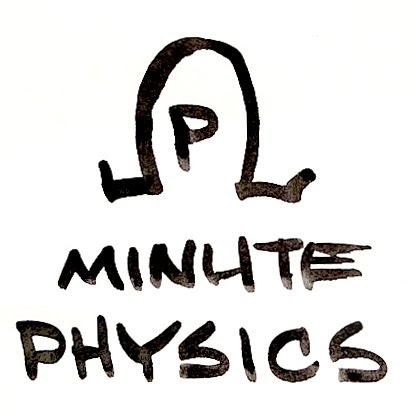2016-04-11
[public] 1.73M views, 37.2K likes, 419 dislikes audio only
The physics behind the perfect size of a jet engine.
Thanks to http://www.audible.com/minutephysics for supporting this video – if you try the free 30-day trial, I recommend "Ender's Game" by Orson Scott Card
Thanks for everyone who supports MinutePhysics on Patreon! Link to Patreon supporters here: www.minutephysics.com/supporters.html
The answer to this question has everything to do with drag & kinetic energy vs momentum change (thrust) – ie, a bigger engine fan allows for a larger air mass to be accelerated a smaller amount to give the same thrust as you’d get from a smaller engine with larger acceleration. Any acceleration of air imparts energy to that air, which is in principle wasted energy, so ideally we minimize the acceleration of air while maintaining constant thrust, aka bigger engine fan. However, bigger fans have more drag, so there is an ultimate size limit.
REFERENCES:
A350 schematics - http://www.aerospaceweb.org/aircraft/jetliner/a350/
747 schematics - http://www.aerospaceweb.org/aircraft/jetliner/b747/
Music by Nathaniel Schroeder, http://www.soundcloud.com/drschroeder
MinutePhysics is on Google+ - http://bit.ly/qzEwc6
And facebook - http://facebook.com/minutephysics
And twitter - @minutephysics
Minute Physics provides an energetic and entertaining view of old and new problems in physics -- all in a minute!
Created by Henry Reich
http://www.patreon.com/minutephysics
/youtube/video/ueTGjegTKoo?t=29
/youtube/video/ueTGjegTKoo?t=66

